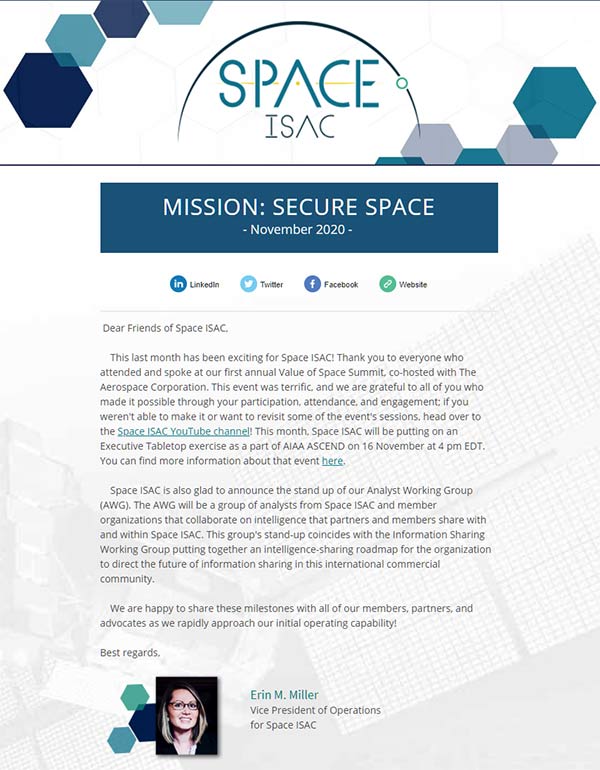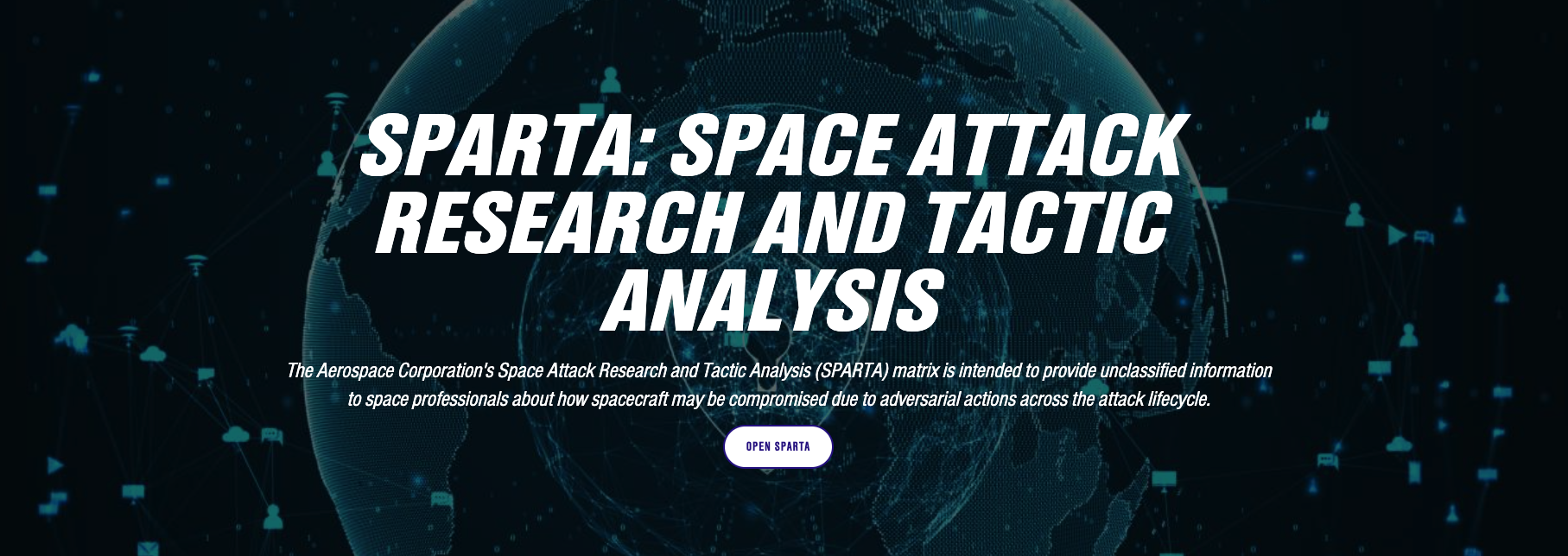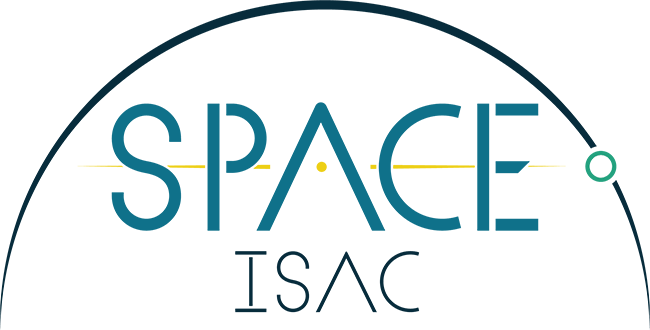Resource Center
Space ISAC White Papers
Advancing Cybersecurity in Space at OASIS
Publish Date: Wednesday, 02 October
Authors: Erin Miller, Hector Falcon, and Joel Francis
As space operations become increasingly complex, the need for effective threat intelligence sharing is more crucial than ever. The increase in data transmission across space networks brings both opportunities and heightened risks, as cyber threats increasingly target critical space infrastructure. Protecting these assets demands a coordinated and proactive approach to threat intelligence sharing. To address this, the OASIS global standards body is working with Space ISAC to form the Space Automated Threat Intelligence Sharing (SATIS) Technical Committee (TC). The group will formally launch on Oct 9, but initial members include NSA, Northrup Grumman, Cyware, MITRE, Peraton, and Carnegie Mellon University. SATIS will build on existing frameworks like Structured Threat Information Expression (STIX) and Trusted Automated eXchange of Intelligence Information (TAXII) to help secure space operations against evolving threats…

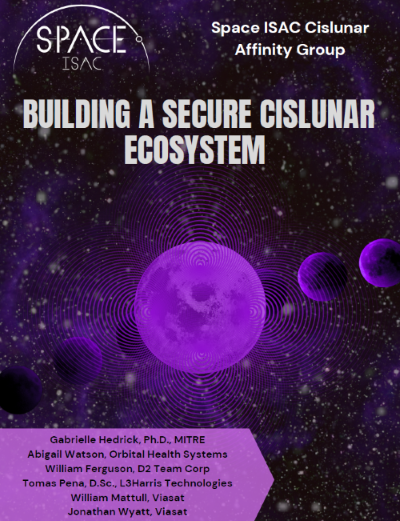

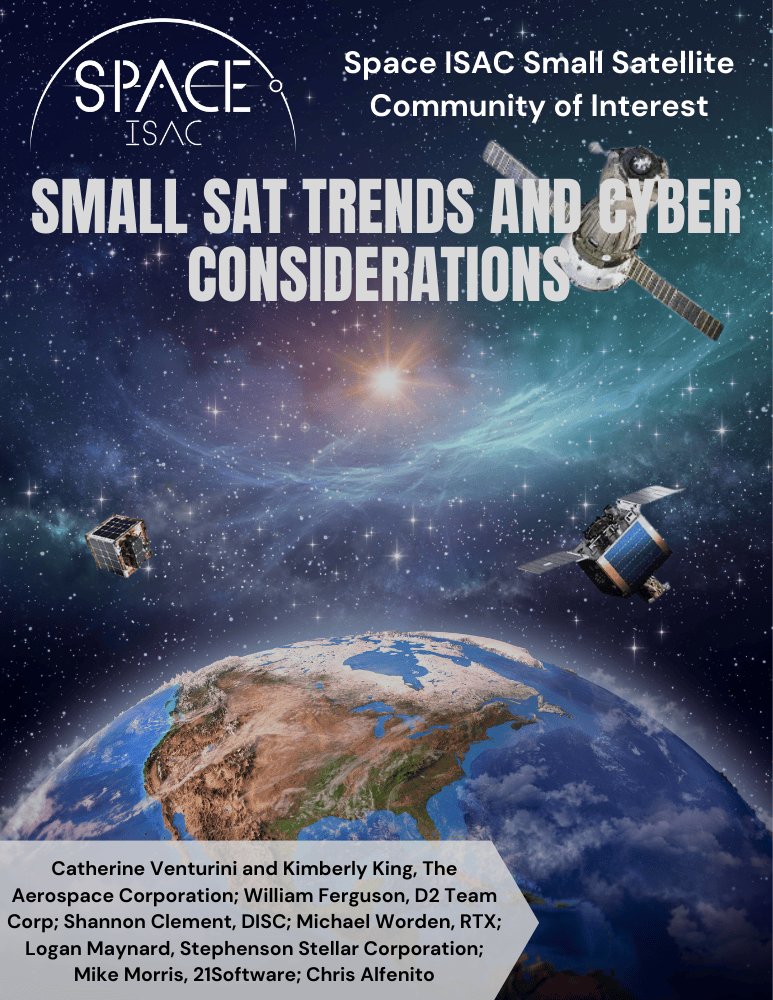

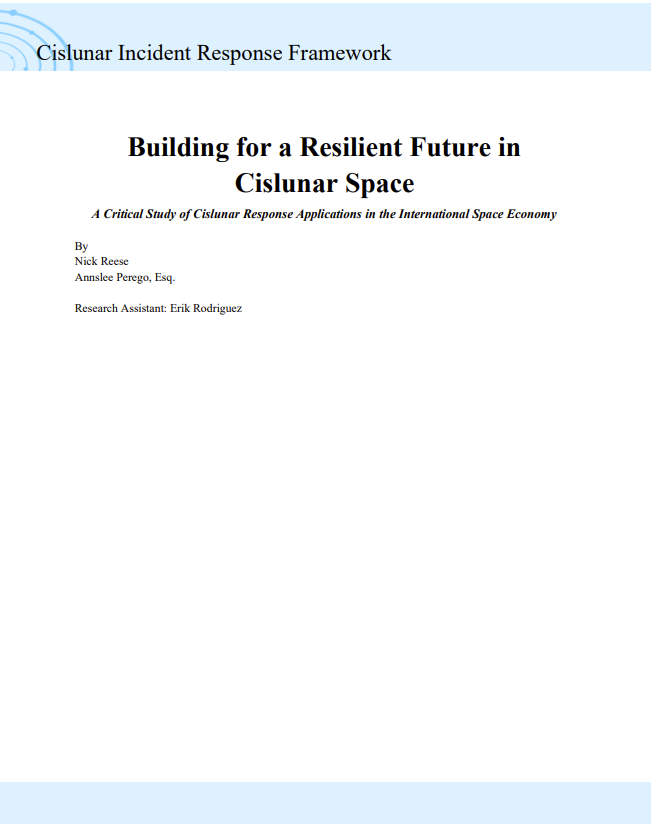
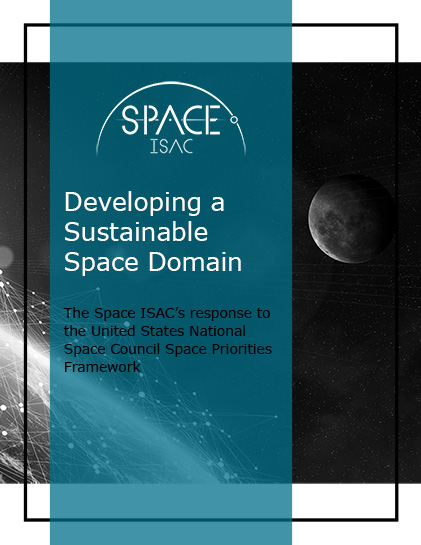
Developing a Sustainable Space Domain
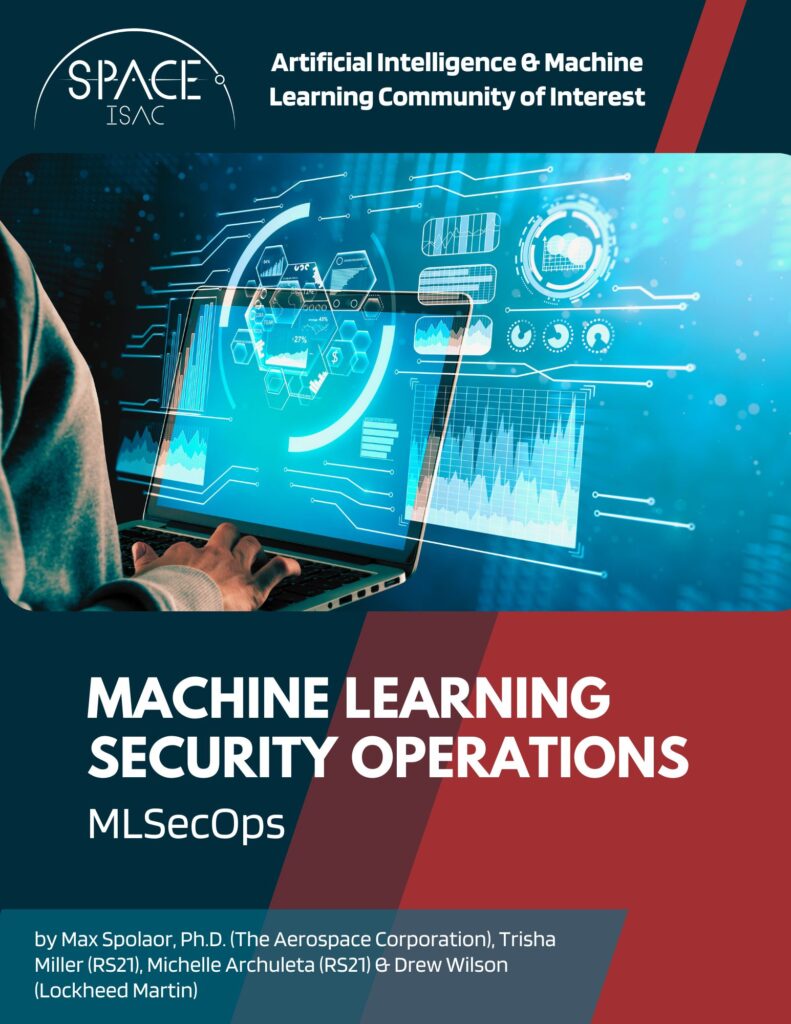
Information Sharing Working Group Current and Future Capabilities FAQ
CMMC Resources
CMMC Webinar Series
Kratos Defense CMMC Supply Chain Briefing
OUSD(A&S) CMMC website
Defense Federal Acquisition Regulation Statement: Assessing Contractor Cybersecurity Requirements (DFARS Cases 2019-D041)
DIB SCC CyberAssist
CMMC Model and Assessment Guides
Sparta: Space Attack Research and Threat Analysis
The Aerospace Corporation Papers
Additional Resources
